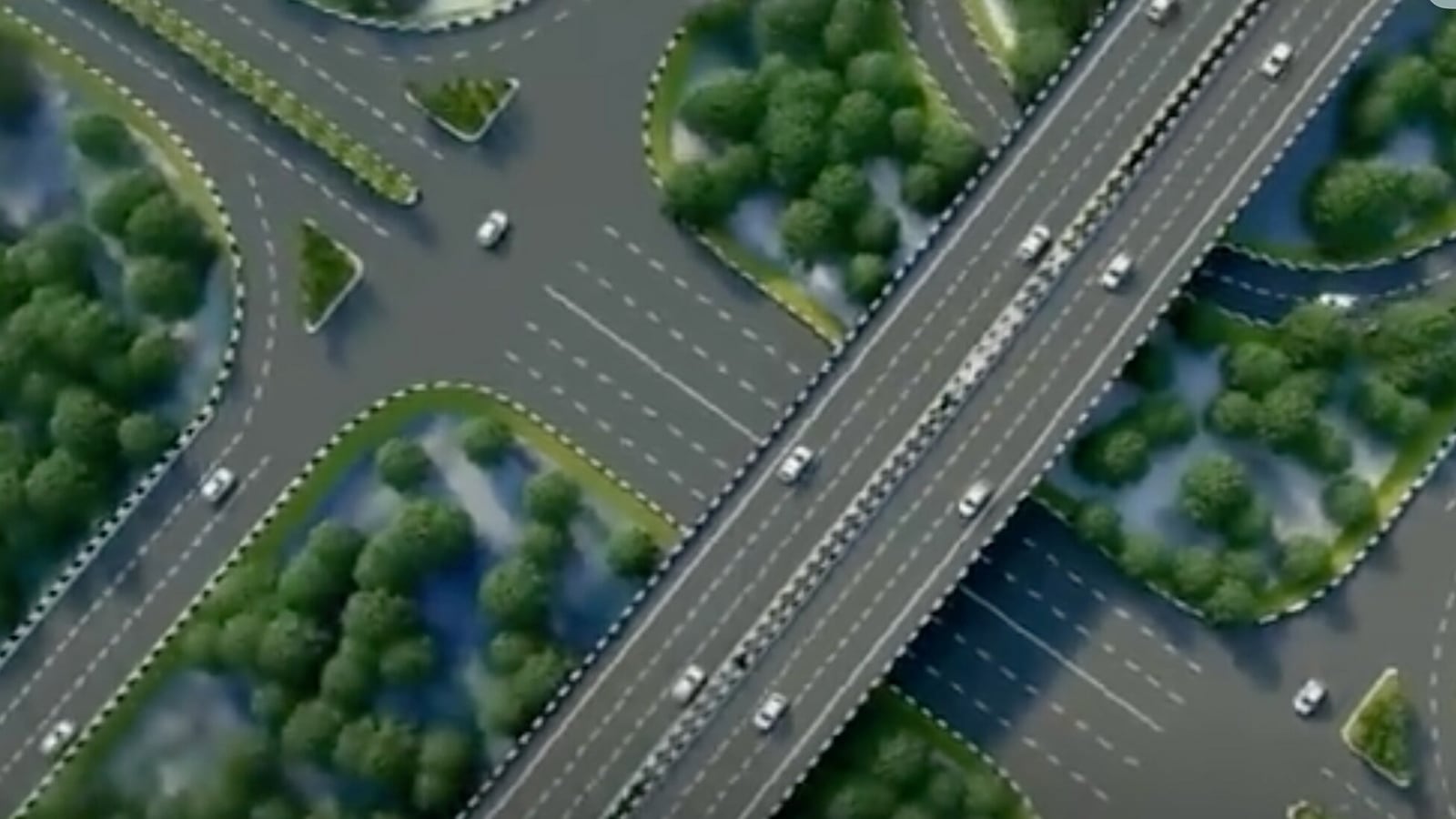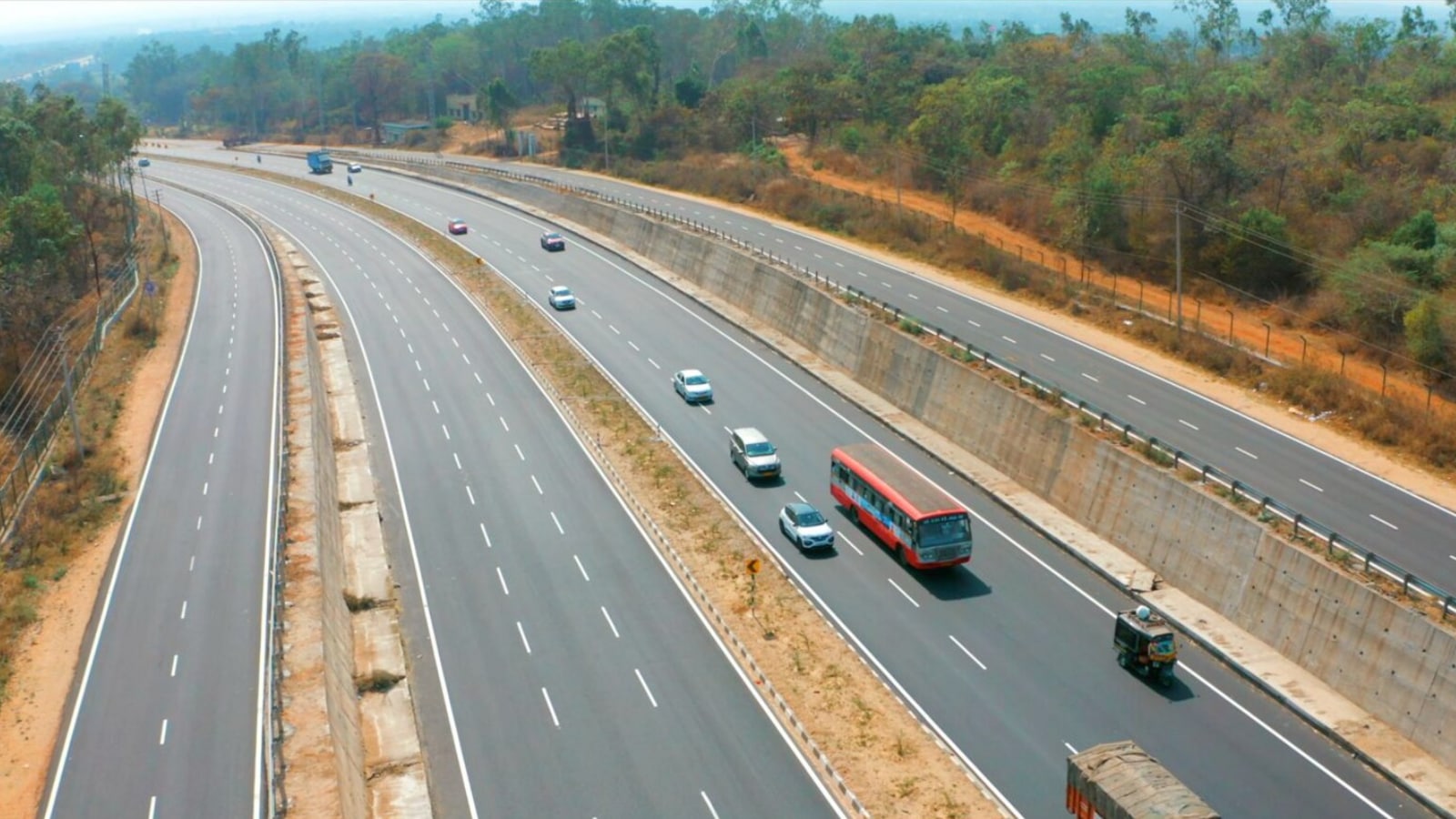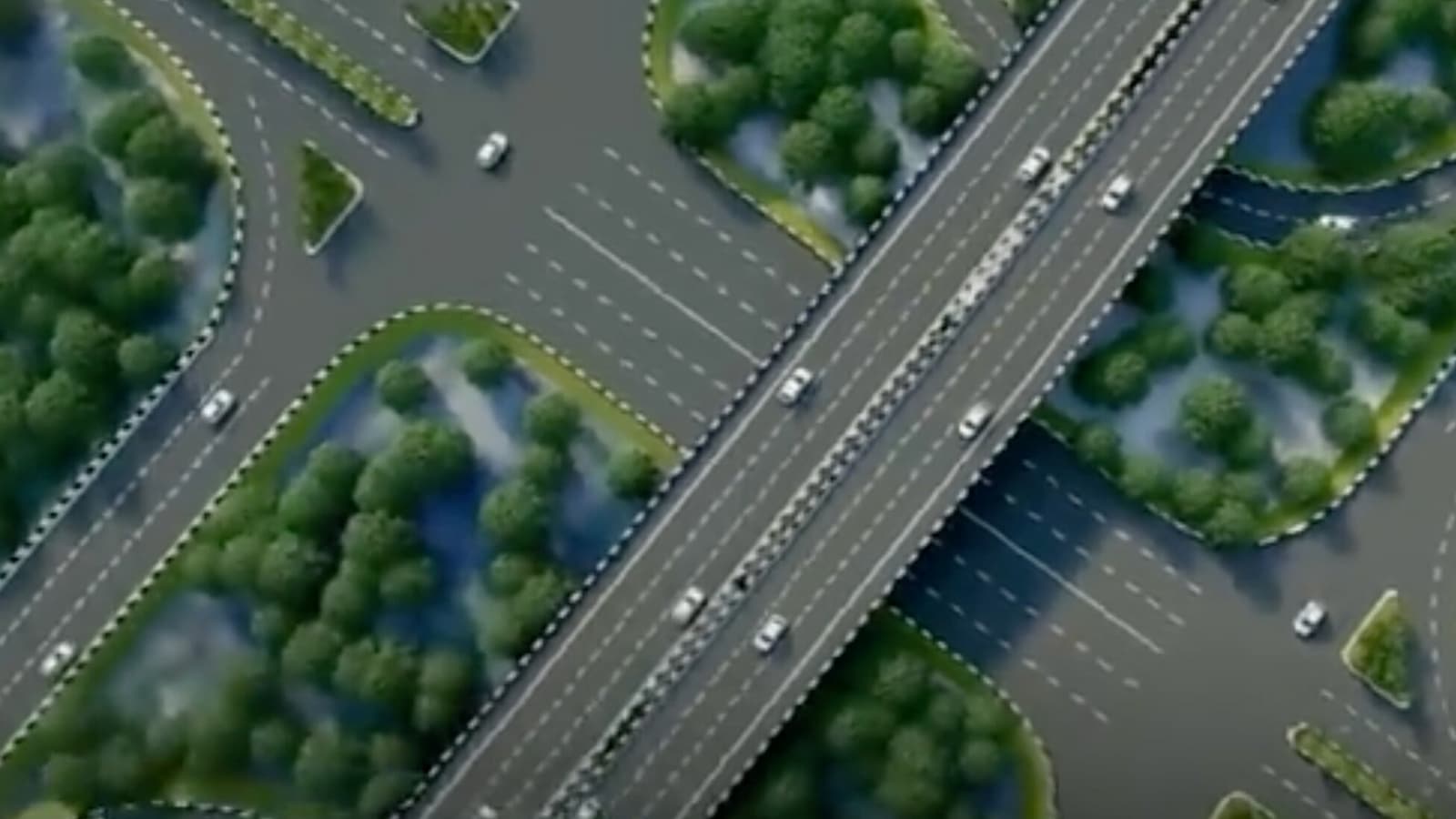Government of India has decided to double the defect liability period under EPC contracts to 10 years to improve road conditions across the country.
,
Union Minister Nitin Gadkari on Wednesday said the government has decided to double the 'defect liability period' for contractors of engineering, procurement and construction (EPC) projects to 10 years.
At present, under EPC projects, maintenance of National Highways is the responsibility of the government after the expiry of the defect liability period (5 years).
“The quality of roads built under EPC mode is not good. The defect liability period under EPC mode is 5 years… and within 3 years, a lot of problems occur on the roads,” Gadkari said at an event here.
The Road Transport and Highways Minister said that roads built under BOT (Build-Operate-Transfer) or HAM (Hybrid Annuity Model) mode are in good condition as the maintenance of the roads is the responsibility of the contractor and he has to pay the cost. ,
“So now we have decided, whichever road is (built) under EPC mode, we will increase the defect liability period from 5 years to 10 years,” he said.
The minister said that increasing the defect liability period for contractors will force them to build good quality roads.
EPC projects are those where the government invests the money, while the private partners only provide engineering construction support.
The HAM model of road construction is where the government partially funds the construction of national highways and BOT or Build-Operate-Transfer is where the construction risk is borne by the private concessionaire with a concession period of 20-30 years .
The National Highways Authority of India (NHAI) and the National Highways and Infrastructure Development Corporation Limited (NHIDCL) are primarily responsible for the construction of national highways and expressways in the country. The maintenance of national highways is financed by the Central Road Infrastructure Fund.
Gadkari also stressed the need to increase exports and reduce imports.
Get information about upcoming cars in India, electric vehicles, upcoming bikes in India and cutting-edge technology that is changing the automotive landscape.
First publication date: 27 October 2024, 09:36 am IST






